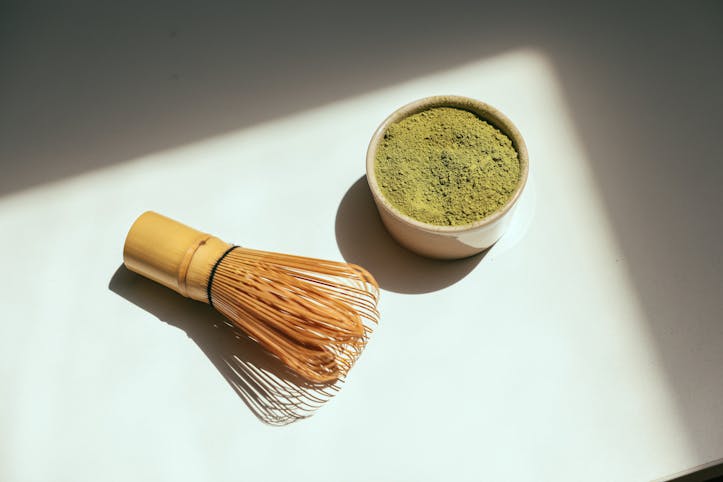Fasting Tea Benefits: Matcha Green Tea and Intermittent Fasting

When considering fasting tea options for intermittent fasting, matcha green tea stands out due to its unique blend of health benefits. This traditional Japanese tea is not only a perfect companion for those looking to enhance their fasting experience but also offers a variety of advantages that go beyond aiding in weight management.
The Synergy Between Matcha Green Tea and Intermittent Fasting
Intermittent fasting involves cycling between periods of eating and fasting, which can lead to several health benefits such as improved metabolic function and weight loss. Incorporating matcha green tea into this routine can amplify these effects due to its high concentration of catechins, a type of antioxidant that can boost metabolism and assist in burning fat.
What Makes Matcha a Superior Fasting Tea?
Unlike other teas, matcha is made from ground whole tea leaves, which provides a more potent dose of nutrients. It contains L-theanine, an amino acid that promotes relaxation without drowsiness. This can be particularly helpful during fasting periods, as it may help reduce stress and maintain focus. Furthermore, the mild caffeine content in matcha offers a sustained energy boost without the jitters often associated with coffee.
How Does Matcha Green Tea Support Weight Loss?
One of the key ways matcha green tea supports weight loss is through thermogenesis—the body’s rate of burning calories. Matcha can increase thermogenesis by up to 40%, significantly enhancing the calorie-burning process during intermittent fasting. Additionally, the catechins in matcha help to inhibit the growth of new fat cells, making it easier to maintain weight loss.
The Antioxidant Power of Matcha in Detoxification
Detoxification is another aspect where matcha excels. The high levels of chlorophyll present in the tea help to eliminate both chemicals and heavy metals from the body. This process is particularly beneficial during fasting, as the body naturally shifts into a state of cleansing.
Preparing Matcha Green Tea for Optimal Results
To fully benefit from matcha during intermittent fasting, it’s important to prepare it correctly. Start with high-quality, ceremonial-grade matcha powder and use water that is just below boiling to avoid burning the delicate leaves. Whisk the matcha briskly in a zigzag motion until a frothy layer appears on the surface, indicating that it’s ready to drink.
Incorporating matcha into your fasting schedule is simple. You can enjoy it in the morning to kickstart your day or as an afternoon pick-me-up. However, it’s recommended to consume matcha without any added sugars or milk to maintain the fasting state.
Matcha Green Tea: A Natural Aid for Digestive Health
During fasting periods, digestive health is paramount. Matcha can be soothing to the stomach and aid in maintaining a healthy digestive system due to its high levels of antioxidants and dietary fiber. The presence of these nutrients helps to regulate bowel movements and prevent constipation, which can sometimes occur during fasting.
In conclusion, matcha green tea is an excellent choice for anyone practicing intermittent fasting. Its ability to support weight loss, provide sustained energy, and aid in detoxification makes it an invaluable addition to your fasting regimen. As you explore the benefits of fasting tea, consider making matcha a staple in your journey towards health and wellness.
Discover the synergistic benefits of matcha green tea and intermittent fasting. Learn how this fasting tea can enhance weight loss, detoxification, and overall health.
Recent Posts
- Fasting Tea Benefits: A Look at Alternatives to White Yogi Healthy Tea
- Fasting Tea Benefits After White Yogi Discontinuation
- Fasting Tea Benefits: What Happened to White Yogi Healthy Fasting Tea?
- Fasting Tea Benefits – What Happens When Discontinued?
- Unlocking Alternatives to White Yogi Healthy Fasting Tea
- Fasting Tea Benefits and Alternatives When White Yogi Healthy Brand Discontinued
- Fasting Tea Trends: The Discontinuation of White Yogi Healthy Tea
- Fasting Tea Discontinued: What’s Next for White Yogi?
- Fasting Tea Benefits and Alternatives to White Yogi Healthy Fasting Tea
- Fasting Tea Benefits: The White Yogi Healthy Brand Discontinuation